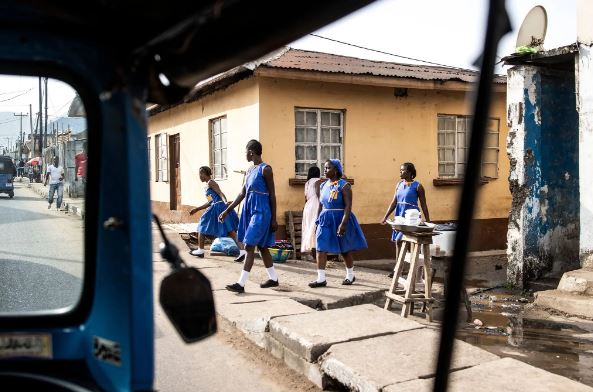In a devastating blow to global health efforts, Merck, a prominent drugmaker, has announced its inability to deliver millions of doses of the HPV vaccine to some of the world’s poorest countries this year. This setback means that nearly 1.5 million teenage girls, primarily from low- and middle-income countries, will miss out on the opportunity to be protected from cervical cancer.
Merck notified Gavi, a global organization supporting immunization programs, and UNICEF, a key vaccine procurer, that it would only be able to deliver 18.8 million doses of the HPV vaccine out of the 29.6 million doses it was contracted to provide in 2024. Consequently, more than 10 million girls will be deprived of their anticipated HPV shots this year, with 1.5 million of them likely never receiving them due to age restrictions in subsequent years.
The company cited a manufacturing disruption as the cause of the delay, necessitating the manual inspection of numerous doses. While Merck reassured swift action to resolve the issue, it confirmed that the delayed doses would be delivered in 2025.
Despite plans to ship 30 million doses of the vaccine to Gavi-supported countries this year, the shortfall of 10.7 million doses remains significant. The delay poses a significant setback for countries that have long awaited the opportunity to vaccinate girls against HPV, the primary cause of cervical cancer.
Cervical cancer claims the lives of approximately 350,000 women annually, with 90% of these deaths occurring in low-income countries where routine screening is scarce. The HPV vaccine offers nearly complete protection against HPV infection, making it a crucial tool in the fight against cancer.
The delay disrupts carefully laid vaccination plans, particularly in countries aiming to reach all unvaccinated girls aged 9 to 14. Crafting messages to generate demand for the vaccine presents an additional challenge, given the taboo nature of discussing sexual activity in many affected cultures.
Countries affected by the delay have already invested resources in planning HPV vaccination campaigns, alongside addressing other urgent immunization needs such as measles and cholera. The postponement further strains already stretched healthcare systems in these nations.
The delay also undermines efforts to expand HPV vaccination, a priority for organizations like Gavi for over a decade. Despite previous challenges in securing sufficient vaccine supply, progress had been made until this setback.
UNICEF, which negotiates discounts from pharmaceutical companies, pays $3 to $5 per shot for the vaccine. However, the delay in Merck’s supply disrupts vaccination campaigns in several countries that have been forced to postpone repeatedly.
While Merck has pledged to deliver the delayed doses next year, the absence of a definitive timeline for these deliveries hampers countries’ ability to plan new campaigns. The affected countries, including Mozambique, Sierra Leone, Ivory Coast, and Burkina Faso, must contend with postponed vaccination efforts, further jeopardizing the health of millions of girls.
In Ethiopia, a planned school campaign had to be canceled due to delayed vaccine deliveries. The subsequent rescheduling of the campaign will result in some girls aging out of eligibility, exacerbating the impact of the delay.
The inability to deliver HPV vaccines not only leaves millions of girls vulnerable to cervical cancer but also undermines efforts to maintain political and community support for vaccination programs. Urgent action is needed to address this setback and ensure that lifesaving vaccines reach those who need them most, safeguarding the health and well-being of vulnerable populations worldwide.

